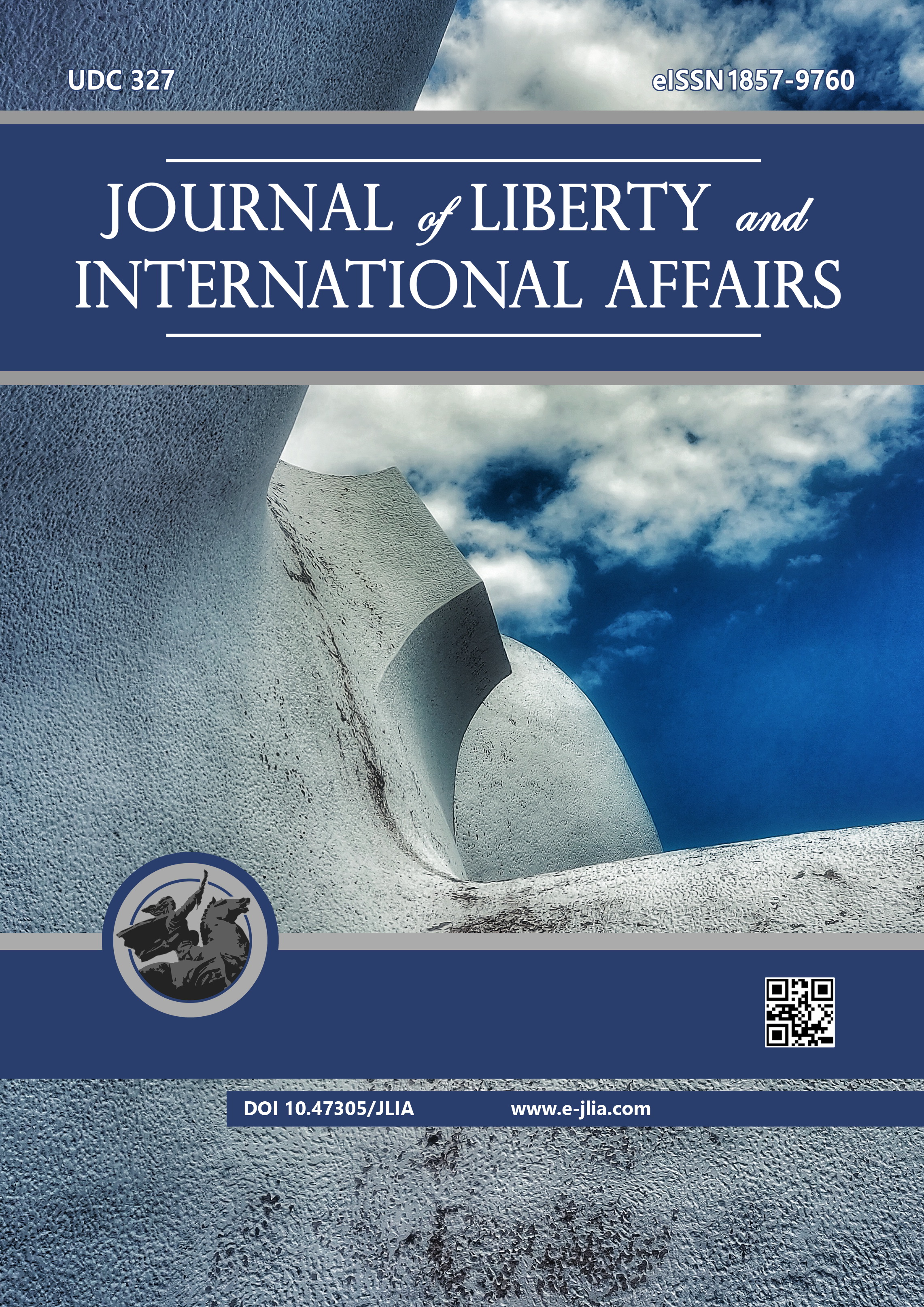Author(s): Quyet Luu,Nguyet Nguyen / Language(s): English
Issue: 2/2023
The Paracel Islands are situated in the South China Sea geographic center and have an important strategic location for the military and the economy. Since 1884, France has represented the Vietnamese state as a protectorate to manage the archipelago. In the context of France seeking to expand its influence into the Asia-Pacific region, disputes over sovereignty over the Paracel Islands occurred during the colonial period between France (representing Vietnam), China, and Japan. The article aims to analyze the importance of the Paracel Islands in the policies of France, China, and Japan in general. Moreover, the specific activities of France in the struggle with China and Japan to affirm and protect sovereignty over the Paracel Islands would also be analyzed. Based on primary and secondary data, along with historical research methods, research methods in international relations, and other interdisciplinary research strategies, the article concludes that the Paracel Islands play an important role in the strategies of France, China, and Japan. Hence, the Paracel issue in this period has gone beyond the framework of traditional territorial disputes, becoming "internationalization” with consequences that persist to the present day. France's policy to exploit and administer the Paracel Islands was persistent, thorough, and systematic in the military, economic, political, and diplomatic spheres.
More...



